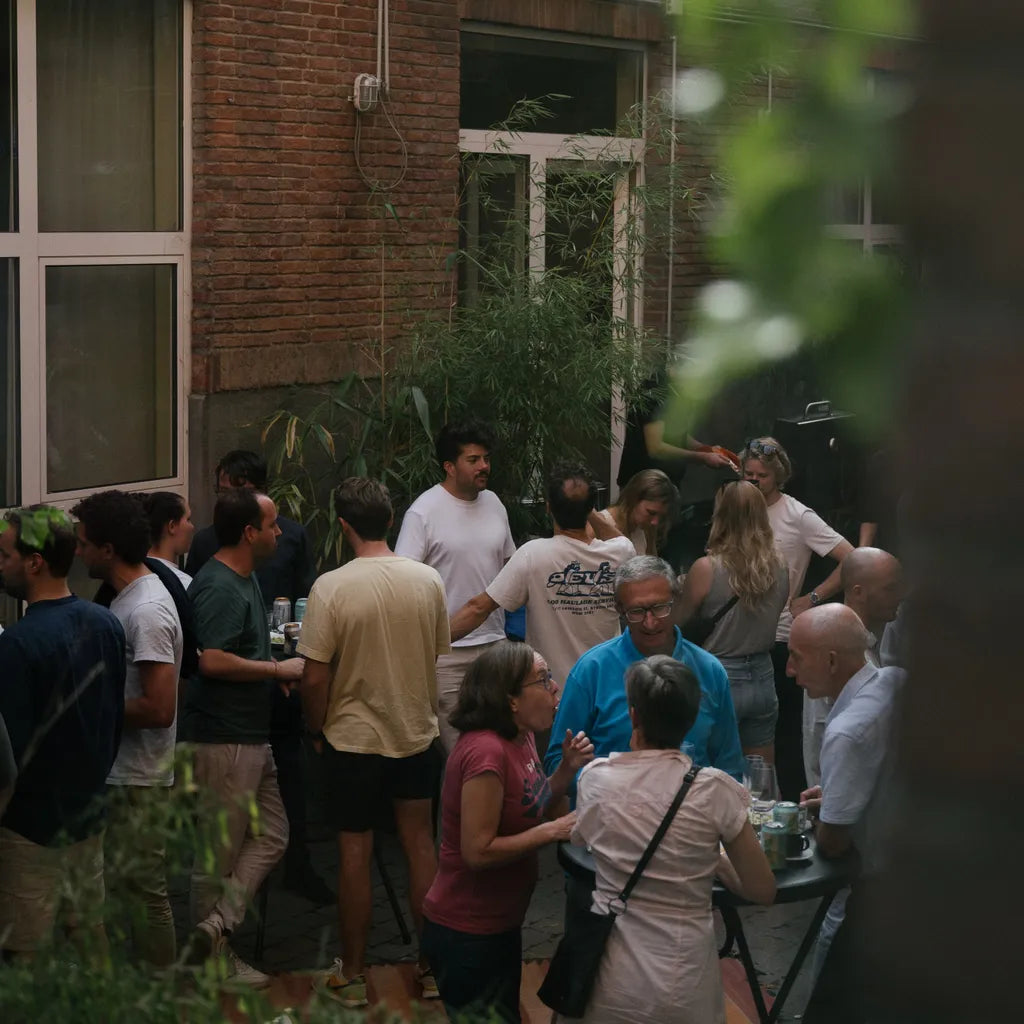 In deze aflevering onderzoeken Sam, Michiel en creatief technoloog Voidwalker, alias Vince Buyssens, wat er na chatbots komt: echt generatieve UI's.
In deze aflevering onderzoeken Sam, Michiel en creatief technoloog Voidwalker, alias Vince Buyssens, wat er na chatbots komt: echt generatieve UI's.
Ze gaan in op de vraag hoe AI ons verandert van commanderende tools in navigerende intelligentie: bewegend door vectoren, inbeddingen en latente ruimte om kopij, design en productervaringen te "sculpteren". Het trio onderzoekt het zeldzame snijvlak van design en techniek, waarom tekstaanwijzingen creatief werk beperken en hoe interfaces moeten evolueren in de richting van semantische besturingselementen.
Je hoort hoe AI de teamrollen verandert (van het schrijven van code naar het schrijven van specificaties en het creëren van smaak), de risico's van overpersonalisatie (en waarom verrassing nog steeds belangrijk is) en een nieuw model voor merken: brand engines die toon, waarden en stijl coderen als herbruikbare embeddings. Ze sluiten af met een blik op advertenties en websites als levende, intelligente eenheden - activa die zichzelf in realtime aanpassen aan de context van elke gebruiker.
Perfect voor productleiders, ontwerpers en technici die nadenken over UX in het AI-tijdperk.
Luister naar deze podcast op Spotify of Apple Podcast.

